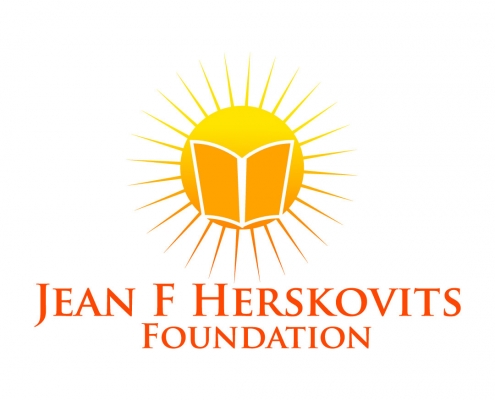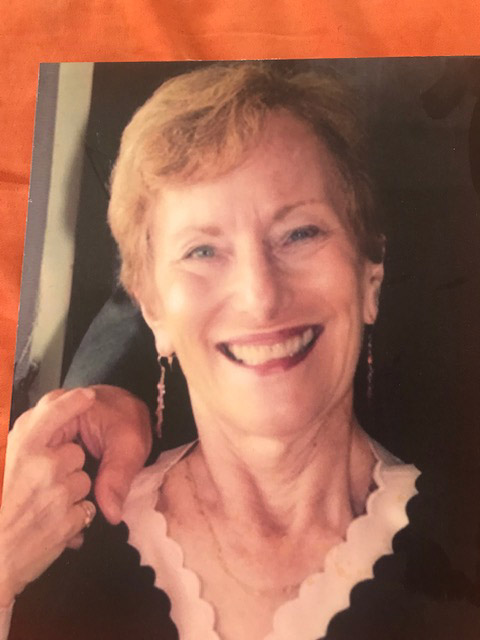About Jean F. Herskovits
Dr. Jean F. Herskovits, a historian with a life-long interest in Africa, especially Nigeria, was introduced to African studies at an early age. Her father, Melville J. Herskovits was a pioneer in the field of African anthropology. She received a Bachelor’s degree with honors from Swarthmore College and then went on to earn a doctorate in African History from Oxford University. An angry Oxford don said he would prevent her from getting the doctorate if she insisted on doing research in Africa; the only reliable sources of information on African history, he said, were British archives. This was the 1950s. But she persisted, as she always would, and went on to Nigeria. And eventually, of course, she got the doctorate.
In later years she became involved in the anti-apartheid movement in South Africa; at one point the government there declared her persona non grata. She also had a deep connection to Lesotho, the kingdom wholly within the bounds of South Africa. Meanwhile she developed her own special interests, most notably the education of Nigeria’s impoverished girls and young women. She also taught at Brown, Swarthmore and the City College of New York, where she happily observed young activists carrying copies of her father’s book, “The Myth of the Negro Past.”
She later became chair of the History Department at the State University of New York at Purchase. She also founded an experimental farm near Abuja, the capital of Nigeria. As a close friend said, “There will never be another one like her.” Dr. Herskovits was a member of the Council on Foreign Relations and the American Historical Society. She was on the board of directors of the Near East Foundation and a founding member of the board of the TY Danjuma Foundation in Nigeria. She testified as an expert witness before a number of Congressional committees. Under the auspices of the Carnegie Corporation of New York and the Ford Foundation, she collaborated with the late Ambassador Joseph N. Garba, a former president of the United Nations General Assembly, on a study of regional defense issues among southern African nations. He once described the diminutive Dr. Herskovits as a “well disguised Nigerian.”
Dr. Herskovits died at her home on the Upper West Side of Manhattan, on February 5, 2019. Her husband, John Corry, a former New York Times journalist, who sometimes joked, “When I married Jean, I married Nigeria,” was at her side. In addition to her husband, Dr. Herskovits is survived by three daughters, Colette Corry Dahlberg, Janet Farnsworth and Fatima Nduka-Eze, and six grandchildren, Luke, Nkem, Sam, Annie, Safian and Bilal.
Professor Herskovits left an extensive collection of artifacts related to Africa in general and Nigeria in particular. Her personal journal of over fifty years of work in Nigeria was left in the care of the Schomburg Center for Research in Black Culture, a research library and archival repository of the New York Public Library. Artifacts, art, textiles, publications, letters, photos and slides, audio and visual recordings, and ephemera of all kinds related to Africa were donated to the Melville J. Herskovits Library of African Studies at Northwestern University, one of the largest Africana libraries in existence. Finally, Professor Herskovits’ library of books by Nigerians and about Nigeria was gifted to Ahmadu Bello University in Zaria, Nigeria, located in the same part of northern Nigeria where the Jean F. Herskovits Foundation supports educational opportunities for girls and women.

